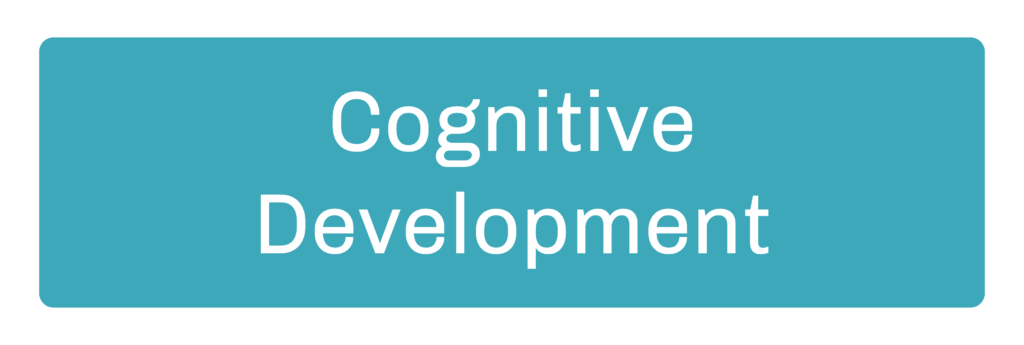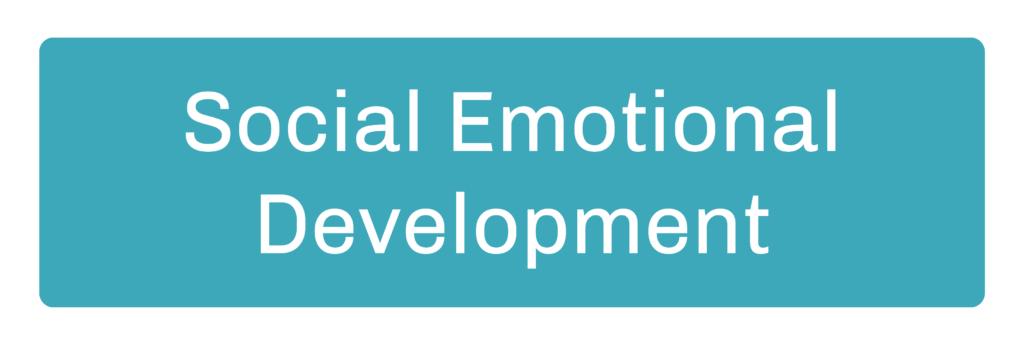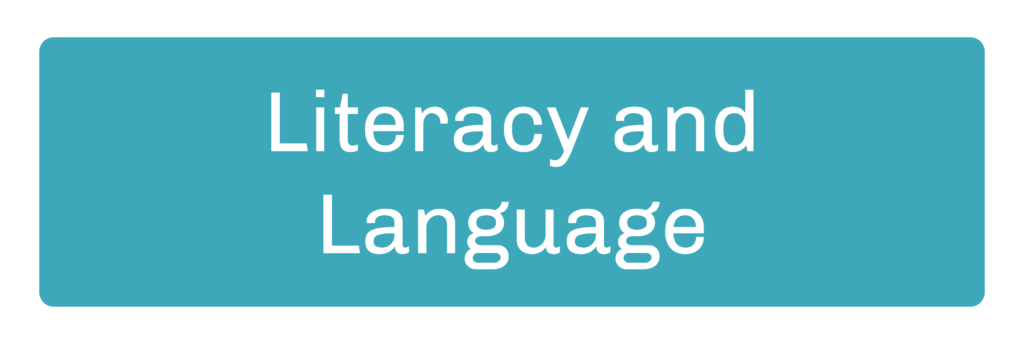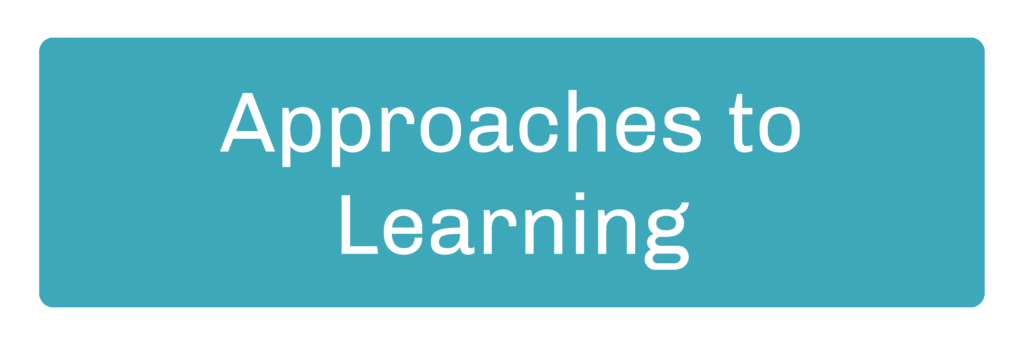Resources for Ages 0 – 3 Months
Welcoming a new baby is an amazing experience but can also be overwhelming. Your baby’s brain is developing rapidly (1 million neural connections every second) and simple activities such as talking, reading and singing to your baby will start them on the path to a successful life!
The resources on this page will help you know what to expect in the first three months of your baby’s life as well as give you practical activities and guidance on how to be your child’s first and best teacher!
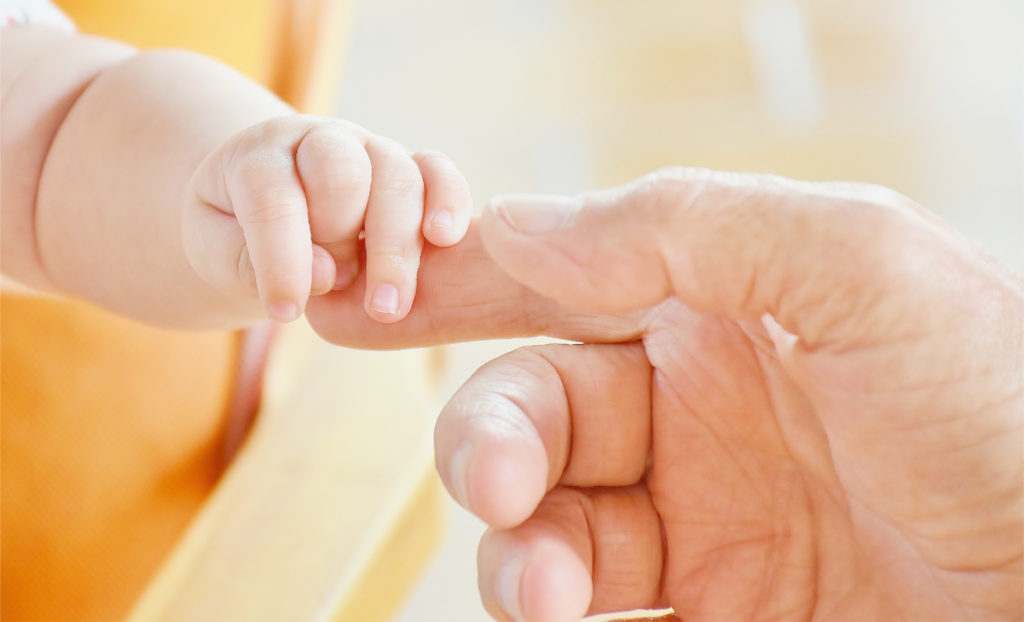
JUMP TO SECTION
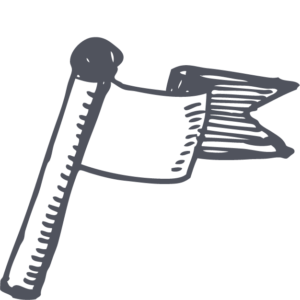 MILESTONES
MILESTONES
Learn the developmental milestones your child should reach by one month of age.
The CDC checklist explains the milestones your 2-month-old should reach. Use the checklist and activities to help your baby learn and grow.
Learn the developmental milestones your child should reach by three months of age.

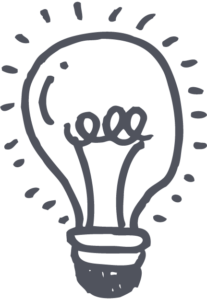 COGNITIVE DEVELOPMENT
COGNITIVE DEVELOPMENT
Developing your baby’s brain starts right away. Use the tips in the “5 Rs of Early Education” to start your baby learning now.
Find out how your baby learns as well as tips for caring for yourself and your baby.
Learn about how your baby experiences tastes and smells.
Learn what your baby can see at each stage during the first year of their life.
This chart gives you tips and ideas on how you can support your child’s early learning through everyday activities.
Learn fun ways to interact and play with your baby in the early months.
A free, downloadable chart to learn tips and skills on how to nurture your baby’s social-emotional, intellectual, language, and motor development from birth to 2 months.
Kids Health helps you know more about how your newborn learns and offers tips for learning and playing with your baby.

 LITERACY AND LANGUAGE
LITERACY AND LANGUAGE
Learn about the sounds your baby prefers to hear and how to encourage early sounds.
To support the language development of your baby, learn about baby sign-language and some tips and tricks for getting started.
A free, downloadable tip sheet on your baby’s development and what you can do to help your baby learn and feel safe and secure.
This video explains how reading helps your baby develop literacy skills, even in the first few months.
Learn how to support your child’s communication skills. This video and free tip sheet gives you practical advice on how to help your child develop early communication skills.
Children’s communication skills grow by leaps and bounds across the first few years of life. Learn tips to help your baby or toddler develop their communication skills.
Learning to talk starts at birth. Use these tips to support your baby’s language development at each stage.
You are your child’s first teacher! Learn 3 quick activities for supporting your child’s literacy skills.
Understand the communication milestones for your baby from birth to 3 months and get tips for quick activities that support your baby’s development.
Read how your baby can learn by singing to them with this list of 10 benefits.
Try these quick, fun activities to build your child’s vocabulary at any age.
Cox Campus shares the TALK strategy as well as other quick tips for developing your child’s vocabulary.

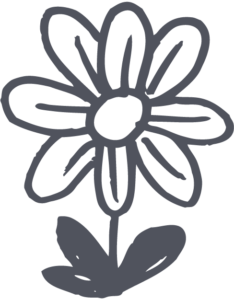 PHYSICAL DEVELOPMENT
PHYSICAL DEVELOPMENT
Learn the common reflex movements of your newborn baby.
Learn the movements your baby should be able to do in the first three months and resources for when to bring concerns to your pediatrician.
Learn how to tell if your baby’s physical development is on track and resources for what to do if you have concerns.
Tummy time is an important exercise for your baby. Learn why, tips and suggestions for how to do tummy time.
Use these simple sensory activities for your baby to support the development of their 7 senses.

 SOCIAL EMOTIONAL DEVELOPMENT
SOCIAL EMOTIONAL DEVELOPMENT
Use this article to better understand your baby’s emotional and social development in the first 3 months.
Learn how to build a strong relationship with your baby using these tips and suggestions.
Learn the benefits of strong, positive relationships for your child. Use the videos, podcasts, and resources for tips on supporting your child’s social and emotional development.
Listen to this podcast for how you can nurture your child’s social and emotional skills starting at birth.

 APPROACHES TO LEARNING
APPROACHES TO LEARNING
Learn how serve and return interactions help shape a baby’s brain. Watch the how-to video which breaks down serve and return into five simple steps. This resource is appropriate from birth to 12 months and beyond.
Encourage your infant’s development with these simple activities for baby. These 11 simple activities are geared toward a 0-6 month old baby, and each activity teaches a different skill that will reinforce how your baby approaches learning.



